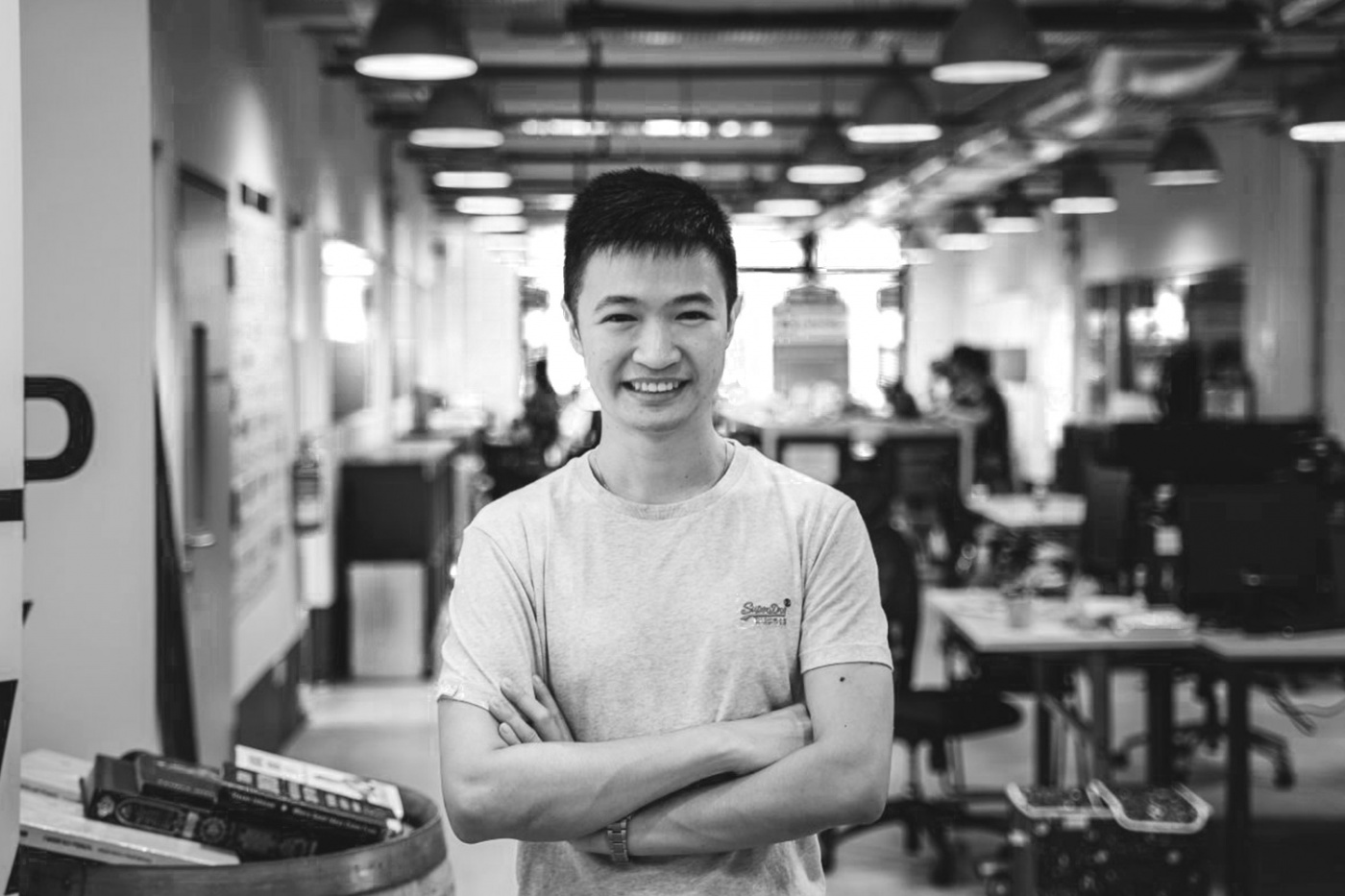Meet Asia’s Top Innovators
Amid all the pandemic doom and gloom the world is facing, there are certain industries booming as well as individuals who are challenging the status quo and tackling some of the planet’s biggest problems. Need a dose of inspiration? Here are five people in Asia shaking up the way we live and operate.
Bom Kim, CEO of Coupang
Hailed as the Amazon of South Korea, Coupang prides itself on being even faster and more efficient than the American e-commerce titan. For one, Coupang guarantees next day delivery straight to your doorstep—even if you place an order at midnight. The company is also environmentally conscious by implementing boxless delivery, which reduces wasteful packaging and has a global partner programme that enables brands to immediately access a market that ranks the fifth largest in online retail sales. In April this year, the South Korean e-commerce giant raised US$4.6 billion, making it the biggest US IPO of 2021. Presently, the company has its eye on expanding to Singapore and Japan, and pledged to create “a new working environment for the logistics industry” with better welfare, shorter working hours and paid vacations.
Raynor Loi, CEO of Lumitics
During his undergraduate days, Raynor Loi was fixated on finding solutions for food wastage in Singapore. In 2017, Loi and his co-founder, Keshav Sivakumar, founded Lumitics (previously known as Good for Food) to turn waste into compost that could be easily discharged by sewage systems. The company has since worked with some of the world’s largest hotel chains, using a smart tracker called Insight, which uses sensors, image-recognition technology and a scale to measure food waste. Insight is able to integrate with any standard garbage can used in kitchens to generate data that helps businesses reduce their food waste and save costs. Workers empty unused food into Insight, which determines what’s being discarded and how much before sending the data to the cloud to be analysed. This equips chefs and kitchen managers with the knowledge of how to improve their operations, helping them reduce food wastage by up to 40 per cent and lowering food costs by 3 to 8 per cent.
Despite a challenging year, hotels and airlines have started to contact Loi again. Today, he speaks to ministers about issues surrounding food waste and is one of the 25 winners of the UNWTO SDGs (Sustainable Development Goals) Global Startup Competition.
Ravish Naresh, Founder of Khatabook
Despite digitalisation, many merchants in India still remain offline. These small businesses stick to traditional ways of bookkeeping, which is both inefficient and prone to errors. Established two and a half years ago, Ravish Naresh started Khatabook that records financial transactions digitally and accepts payments online. The app now has an active user base of 8 million small businesses in India and is currently used in 4,000 cities and towns in 11 local languages. In August, the start-up raised US$100million in a new financing round and is now valued at US$600 million. With over 10 million monthly active users, the company is preparing to launch more financial services.
Oh Chu Xian, Founder of Magorium
Four years ago, Oh Chu Xian and her father started conducting in-depth research on incorporating plastic wastes into road construction materials. Although roads in the US and UK were already paved with plastic-suffused asphalt, these were contaminated plastics that caused rapid degradation. To solve this issue, she developed a chemical process with researchers from her father’s lab to break down plastic waste (like bottles and shopping bags) on a molecular level. This innovative synthetic new material, named NEWBitumen, was a more environmentally friendly alternative to bitumen. With this breakthrough, her deep-tech startup Magorium has won several accolades such as TechNode Best Sustainable Solutions Winner 2020, Ideasinc 2020, and took first place in the waste-tech start-up competition WASTE 20/20. At present, she is researching ways to expand NEWBitumen’s usage including waterproofing.
Miranda Qu, Co-Founder of Xiaohongshu
During her trip to the US when she was studying, Miranda Qu met her Bhutanese partner Charlwin Mao in a shopping mall and they both hit it off instantly. Several discussions later, the pair came up with the idea of an e-commerce site specially catered to a younger female demographic. According to the Shanghai-based company, 80 per cent of its 300 million users are female and 70 per cent are born after 1990. The platform appeals to a more youthful crowd because of its social function; users can upload pictures, reviews, blog posts and create their own personal stories to share within the community.
Many investors including Tencent and Alibaba have pumped money into Xiaohongshu, acknowledging its huge potential for growth. The site has been an extremely useful platform for buying hard-to-find beauty and fashion products and many young urban females have cited Xiaohongshu as their go-to when they want to discuss trending topics, read trusted reviews and get insight from fellow shoppers.


